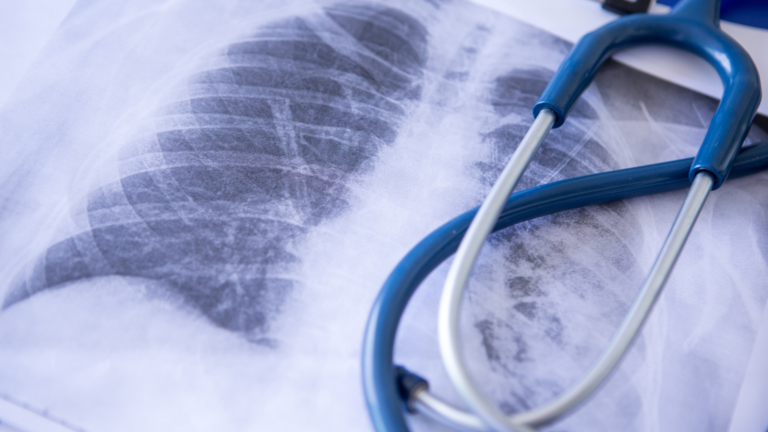Dementia & COVID-19
What is Dementia?
Dementia is not one specific disease. It is a term to describe a set of symptoms caused by disorders affecting one’s brain. Dementia can be thought of as a general term for the loss of memory, problem-solving and thinking abilities, and language that are severe enough to interfere with daily life and function. Think of Dementia as an umbrella term encompassing diseases such as Alzheimer’s, Huntington’s, and Parkinson’s (to name a few). There is an incorrect belief that dementia, or mental decline, is a normal part of ageing. Dementia is a result of abnormal brain changes, which cause a decline in mental function affecting one’s ability to live independently and affects their behaviour, feelings and relationships.
While most people suffering from Dementia are 65 years or older, it is not just an “old person disease”. There is young onset dementia, which can affect individuals in their 40’s and 50’s.
Dementia is a progressive disease, meaning as more brain cells are damaged and die off the symptoms will gradually worsen. It is more than just memory loss.
Other symptoms of Dementia include:
- Memory loss (short & long term)
- Difficulties with thinking, problem-solving, and language
- Changes in mood and behaviour
What Are the Dementia-Related Risks?
There is a stigma surrounding those with dementia. It is one of the biggest barriers facing those suffering from dementia from living with dignity, respect, and safely. Negative attitudes, discriminatory behaviour, and misinformation may create barriers for those with dementia from getting the proper support and help they need.
When it comes to COVID-19, it is likely that Dementia does not increase the risk of catching the virus, but rather dementia-related behaviours.
Dementia-related behaviours that may increase risk:
- Forgetting to wash hands regularly
- Not limiting touching high-risk areas on the body (mouth, eyes, nose)
- Being in public without a face mask
- Not effectively socially distancing
- Accidentally sharing or using personal items that could increase the risk of contraction (drinking vessels, cutlery)
- Forgetting to disinfect or clean high touch surfaces
For older individuals living in care homes, they may have increased risk because of the degree of interaction they have with other residents and the care staff. With limited self-care abilities, those with Dementia in this setting may be at higher risk of viral infection.
Tips for Dementia Caregivers
If you are a caregiver for an individual suffering from Dementia it is important to keep the following in mind:
- Do not visit if you are ill or suspect you may be at risk for having contracted COVID-19 yourself (remember some people can be asymptomatic)
- Arrange to have a back-up caregiver (family member, friend) who can support in the event that you are unable to visit
- See if virtual means of support and connection are available/possible (video calls, phone calls, emails)
- Try to arrange virtual appointments for any medical needs during this time
- If the individual you care for lives in a facility ask staff to provide frequent updates
- Arrange outdoor visits and limit time spent in close quarters indoors
- Take the time to explain COVID-19, and be patient as you may need to explain the situation more than once
- Lead by example and demonstrate proper hand washing and sanitization
- Create signs that can be displayed as reminders of important tasks (washing hands, wearing a mask, etc.)
- Take care of yourself (if you are not doing well, you will not be a good caregiver)
You can refer to this Caregiver Tip Sheet for more support.
Support for Those Living With Dementia
The COVID-19 pandemic has highlighted gaps in the healthcare system with regards to supporting individuals living with dementia.
Resources have been created to support those with Dementia, especially those living alone. There are many tips and tricks that can be used to help with remembering important details and manage memory problems.
Some tips and tricks that can be used are:
- Creating signs or using sticky notes to remind yourself of important information/tasks
- Creating lists or setting timers as reminders of things that need to be done
- Having a notebook and pen readily accessible if you have questions or concerns that come up
- Record conversations so you can go back to them afterwards (information from a caregiver or medical professional)
- Arrange to have groceries and medicine delivered as to avoid going out in public unnecessarily
- Don’t be afraid to ask questions
Click below to see resources to support living with memory loss:
General Tips & Tricks for Living with Memory Loss
Dementia and COVID-19 Tips & Tricks
Main Point
Dementia is likely not a risk factor in itself for contracting COVID-19, however, it is the behaviours related to this disease that can increase one’s risk. Those living with Dementia and their caregivers need to be aware and proactive when it comes to support during the pandemic to ensure those with Dementia are informed, safe, and respected.
SOURCES:
Managing Through COVID-19 – Dementia Task Force ;
Pre-existing Alzheimers and Dementia Associated with COVID-19




